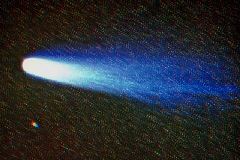
The primordial organic soup that spawned life on Earth may have gotten some special ingredients from outer space, according to scientists at the Carnegie Institution. Their study, appearing in Meteoritics and Planetary Science, reports concentrations of amino acids in two meteorites that are more than ten times higher than levels previously measured in other similar meteorites. This finding suggests that the early solar system was far richer in the organic building blocks of life than scientists had previously thought.
Amino acids form the backbone of proteins, which in turn build many of the structures and drive many of the chemical reactions inside living cells. The production of proteins is believed to constitute one of the first steps in the emergence of life. While scientists believe that amino acids could have formed in some environments on the early Earth, the presence of these compounds in meteorites also points to space as a potential contributor.
“The amino acids probably formed within the parent body before it broke up,” says researcher Conel Alexander. “For instance, ammonia and other chemical precursors from the solar nebula, or even the interstellar medium, could have combined in the presence of water to make the amino acids. Then, after the break up, some of the fragments could have showered down onto the Earth and the other terrestrial planets. These same precursors are likely to have been present in other primitive bodies, such as comets, that were also raining material onto the early Earth.”
Related:
“Hot” Comets The Source Of Life?
Meteor Craters The Cradle Of Life?
Comets May Spread Life From Earth Around Galaxy
Enigma Of Extraterrestrial Amino Acids
It Came From Outer Space
Primordial Soup-In-A-Cup
Could Tempel 1 Harbor The Seeds Of Life?

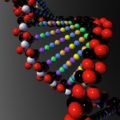

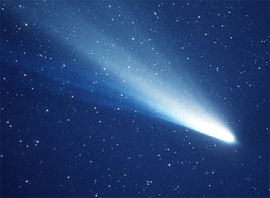
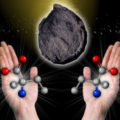




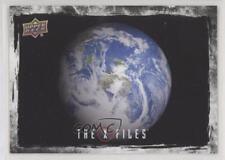
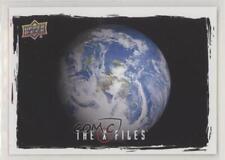

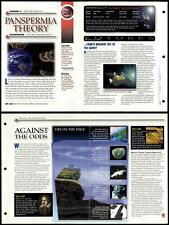
Comments are closed.